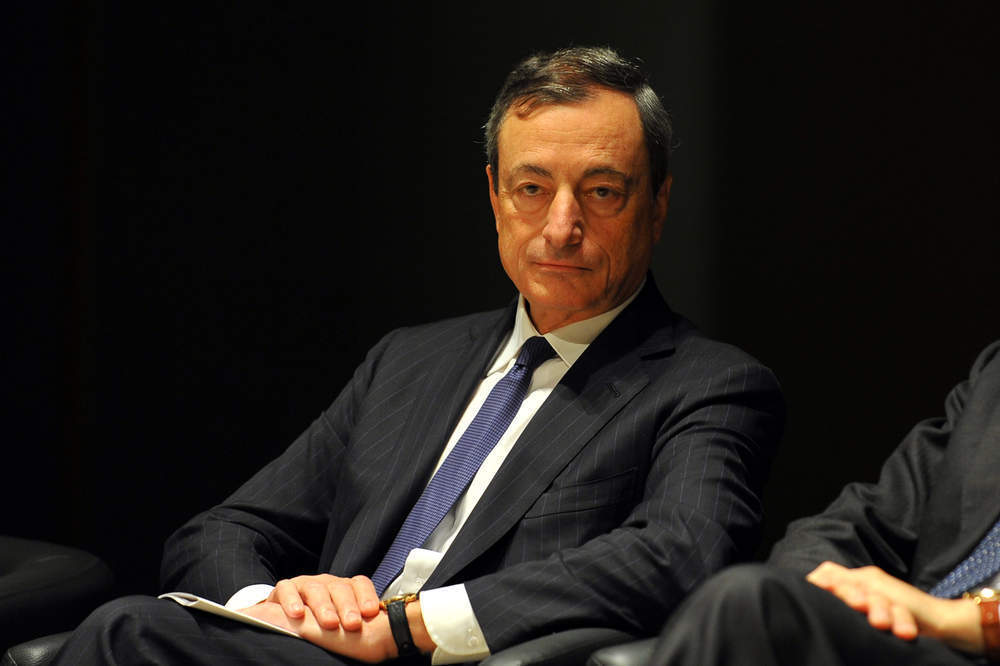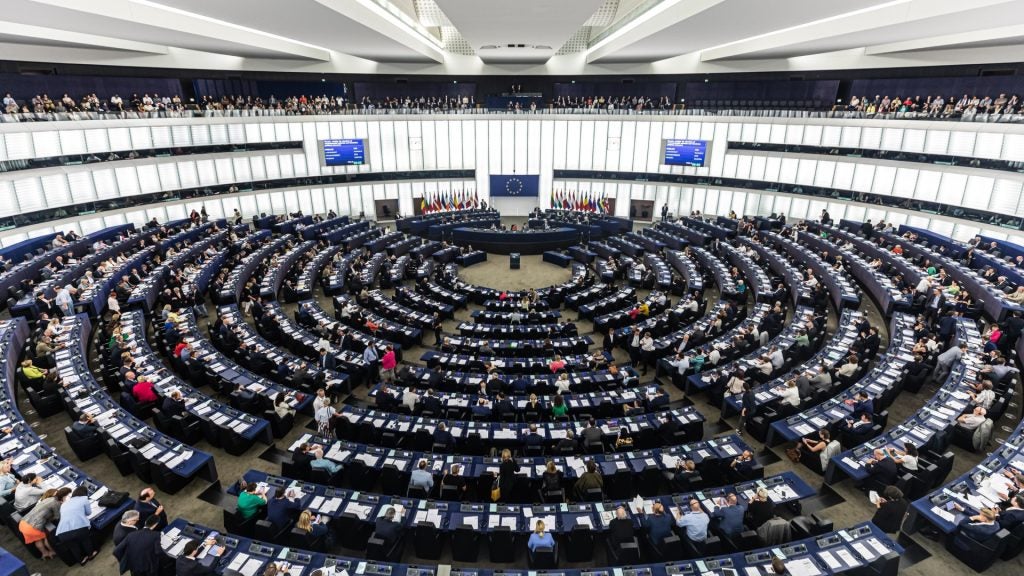
Economic growth in a troubled Eurozone has beaten expectations in the third quarter, with the latest monthly unemployment figures also beating estimates.
Eurozone and wider European Union GDP rose 0.6 per cent from the second quarter, against expectations of 0.5 percent, while euro area unemployment dropped — to 8.9 percent.
That marks bloc’s 18th consecutive quarter of GDP expansion.
Meanwhile, euro-area economic confidence nudged a near 17 year high, the European Commission in Brussels said yesterday — its fifth consecutive monthly increase and the strongest reading since January 2001.
It wasn’t long ago that the Eurozone was blighted by record joblessness and a double-dip recession but European Central Bank (ECB) president Mario Draghi’s €2trn ($2.3trn) bazooka of bond purchases has done its job — calming markets and boosting the economy.
However there are risks on the horizon and with Draghi beginning to taper, the market could be about to throw a tantrum.
How well do you really know your competitors?
Access the most comprehensive Company Profiles on the market, powered by GlobalData. Save hours of research. Gain competitive edge.

Thank you!
Your download email will arrive shortly
Not ready to buy yet? Download a free sample
We are confident about the unique quality of our Company Profiles. However, we want you to make the most beneficial decision for your business, so we offer a free sample that you can download by submitting the below form
By GlobalDataThe long-awaited taper
The ECB last week said it would cut its bond purchases in half from January, but extended the programme until the end of September, promised years of stimulus and left the door open to backtracking, citing muted price pressures — Draghi is taking away with one hand and giving with the other.
The great unwinding is a tricky task as inflation is still stubbornly below target and the members of the ECB’s Governing Council do have diverging ideas of how to do it best.
Draghi said the central bank’s decisions were not unanimous and that there was a large majority on some but not all policy measures approved by the ECB governing council.
The so called “doves” fear the effects of a withdrawal of monetary support, arguing that inflation is still way below target and the so-called “hawks” call for an end of the purchase program sooner rather than later, pointing at the economic recovery.
What does this mean for political pressures?
Amid a tightening of economic policy the European Union and its Eurozone is facing the threat of Catalan secession from Spain; the UK’s Brexit; a seemingly never ending migrant crisis, and the return of the far right.
Carsten Nickel, managing director at Teneo Intelligence told Bloomberg that once ECB policy tightens, “all the political risk will come to the forefront”.
-
Brexit
Germany, France, Italy and Spain — together sold about $164bn in exports to the UK last year if the UK and the EU are unable to agree on a Brexit deal by March 2019 the UK will will lose access to its biggest market but also the continued uninterrupted ability of European firms to sell goods to Britain.
-
Catalan succession from Spain
Catalonia’s ousted president, Carles Puigdemont, has fled to Belgium to act “in freedom and safety”, marking a further twist in a month-long crisis triggered by an independence referendum in Catalonia on 1 October.
Last Friday Catalonia’s regional parliament voted to declare independence, prompting Spain’s prime minister, Mariano Rajoy, to take the unprecedented step of using article 155 of the constitution to sack Puigdemont and his government and impose direct rule.
As well as taking control of the region’s civil service, police and finances, Rajoy has used the article to call elections in Catalonia to be held on 21 December. The separatist movement seems to have been put on hold until then but it’s likely going to be an ongoing headache for the EU.
-
Migrant crisis
EU leaders have been battling to try to contain the migrant crisis for years now, and although it has somewhat receded since its 2015 peak, the flow of migrants into the Europe continues to push votes towards the far right.
-
Right wing populism
From Germany to Italy, EU leaders are battling against a rise in right wing populism that is forcing former centre ground politicians to move one way or another.
Italy — the EU’s fourth biggest economy — will the next country to poll its populace in the first half of 2018.






